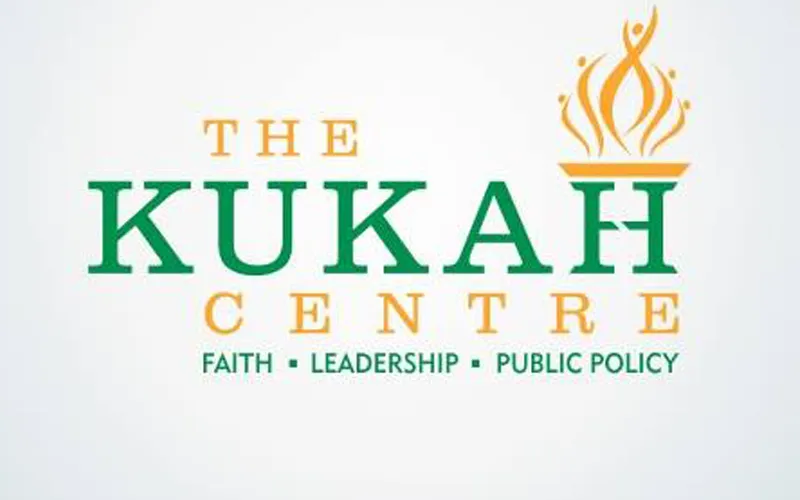According to the Nigeria-based official, in the IDP camps characterized by “poor perimeter security combined with sleeping spaces that are not segregated and high levels of overcrowding,” women, who are increasingly reliant on handouts for sustenance and survival, become sexually exploited.
“A substantial number of women in Southern Kaduna who suffer these are Christian women,” she said, adding that the victims have long-term reminders of the ordeals such as pregnancies, mental trauma, and long-term physical injuries.
In a bid to support the widows who are victims of the conflicts, the leadership of TKC, which aspires towards the attainment of a more humane, democratic, and free society where citizens can live in real and true freedom, is running the “Building the Resilience of Christian Women Victims of Violent Conflict in Kaduna State.”
Conceptualized by TKC and supported by The Fountain of Life Church (TFOLC) Lagos, Nigeria, the project “aims at building the economic and social capacity of widows who have been badly affected by the conflict in Southern Kaduna and have had to take up caregiving roles in their families as a result of the conflict.”
The six-month project set to run until July will see 25 Christian widows who are victims of the conflict undergo training in soap and beads making, skills which are expected to enable them to support their livelihoods, Ms. Waziri told ACI Africa in the April 22 interview.
(Story continues below)
The project is also set to make available start-ups either in cash or equipment to support the widows’ engagement in economic activities after the program ends and “to provide minimal training on peacebuilding and psychology to build the resilience of women,” she added.
According to the Project Coordinator, the desire of the Centre to support the women is in line with its core program areas of interfaith dialogue and peacebuilding, which pay “particular attention to the role of women and the support they can offer in facilitating peace initiatives.”
As TKC officials strive to promote peace in Southern Kaduna and support the victims of the conflict, they are concerned about “an increasing culture of impunity where there is complete lack of accountability for perpetrators of the conflict. This has to do with the justice sector reform,” Ms. Waziri told ACI Africa.
That there is “a growing economy of conflict, which is sustaining the conflict with different levels of beneficiaries” is another concern for the officials of the Nigeria-based Catholic entity whose program areas also include good governance and leadership development.
“(The) government response to the conflict neglects and undermines community initiatives and engagement. Key stakeholders in the community are never engaged nor consulted,” the TKC official said, highlighting another concern, adding “Peacebuilding initiatives provide little or no space for women to contribute or get involved.”
The leadership of the policy research institute appeals to the parties in the conflict to consider changing the military approach in resolving the crisis, as it is a “continuous failure” and instead consider a “soft approach.”
“It is time to change the strategy. A soft approach that should not involve the military or the use of force. There should be some form of structural approach that provides jobs and discourages young people from joining militant gangs,” Ms. Waziri said.
She added, “Stakeholders should create platforms for dialogue and reconciliation between and among warring parties and non-governmental organizations and private companies/individuals to take charge of this process. This should be built on the premise that survivors of this conflict have lost trust and hope in the government.”
She goes on to appeal to major stakeholders in Nigeria’s Kaduna State and the country at large “to shift attention to providing interventions that support women and girls who have been deeply affected by the conflict”
The interventions targeting women would help them “set up businesses that will provide social and economic sustainability as they are saddled with more responsibilities as a result of the conflict,” Ms. Waziri told ACI Africa in the April 22 interview.








